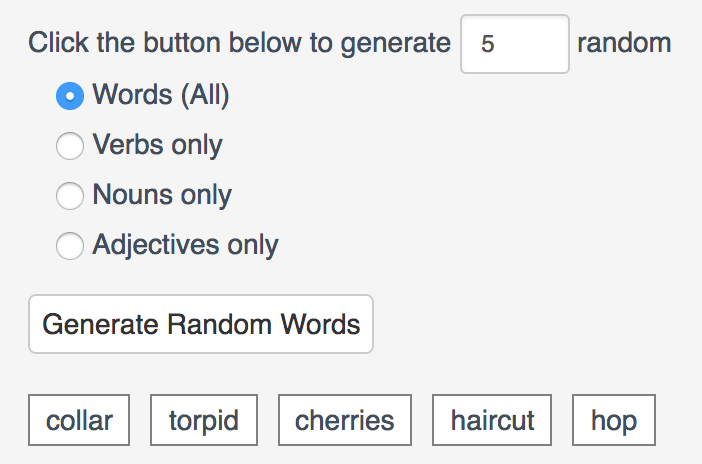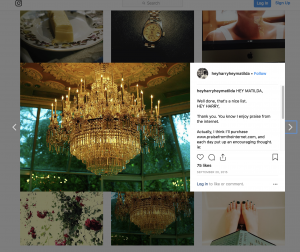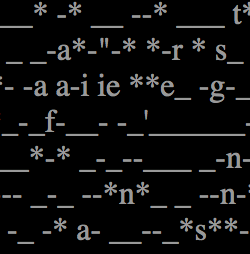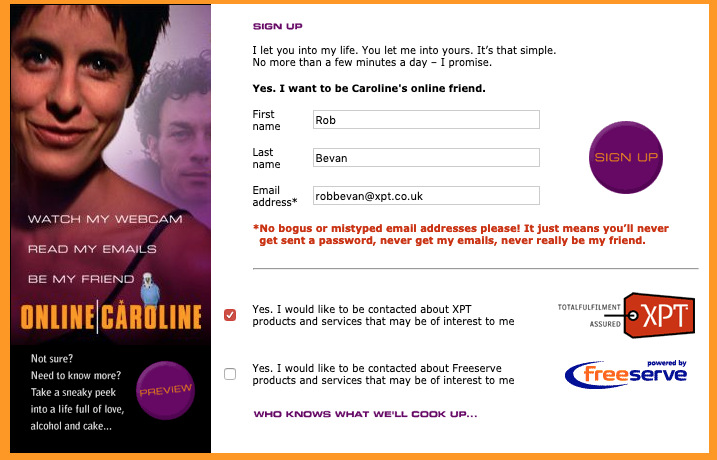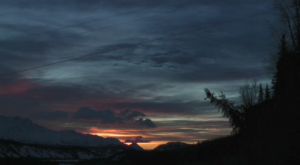
One of the new divergent streams that captured my interest are locative projects, specifically Augmented Reality. In my gaming experiences, there has always been a constant reminder that my world is separated from the setting within the game, and I find it incredibly fascinating that AR can make this difference almost invisible. Though it is still in its earlier stages, I believe that it has the potential to become very immersive as the technology improves.
“Electronic Literature authors have begun to explore how locative technologies can enable us to layer narrative and poetic experiences on the world around us.” (Rettberg 2019)
As Rettberg says in the above quote, there are many literary possibilities within virtual and augmented worlds, possibilities that are presently being explored. The prospect of telling stories in unique and immersive ways is always exciting, and I look forward to seeing them discovered and implemented. As Rettberg pointed out, we will be reframing environments we are familiar with and reimagining them, reigniting out interest in what we may otherwise find to be commonplace. This sort of storytelling will be more engaging than most other modes because it involves—even relies on—the interactors ability to actively navigate a physical space and possibly experiment with it.
In the case of Augmented Reality, the narrative would need to build itself around the player, and it will be interesting to see how creators choose to manifest this idea. Perhaps the story unfolds as the player approaches certain landmarks, or maybe s/he must actively pursue the characters as the narrative is being told? Is the story shared solely through audio rather than animations, so that the viewer may focus more on their actual environment? Is the player a key character in the game, or merely an observer? Can they influence the direction the story takes by physically choosing which direction to go? Will the narrative be shown through an iPhone, tablet, glasses, or some other device? Can the player virtually perform actions, such as digging or moving objects? There are many literary possibilities within virtual and augmented worlds to explore, and I am excited to see where these possibilities take us with storytelling.
Sources: Scott Rettberg Electronic Literature
